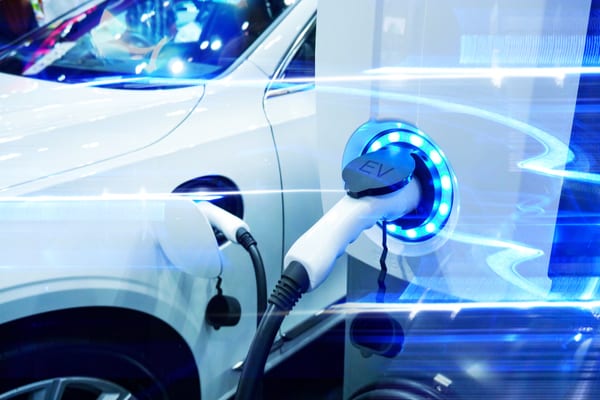Earlier this week, Google Maps reportedly demoted gas stations in the points of interest categories list for electric vehicle owners while using Android Auto.
As The Verge reports, Google confirmed the changes, which it says have been available to EV drivers since 2022. “To help people get the most relevant information when navigating, last year we added the ability for EV drivers to see a shortcut for charging stations instead of gas stations on Google Maps for Android Auto,” Google spokesperson Pearl Xu told The Verge. Xu added that the feature has also been live for vehicles equipped with Google built-in vehicle software since 2020.
Xu shared a list of all the EV-centric capabilities of Google Maps:
Real-time charging port availability: Just search for “ev charging stations” in Google Maps and you’ll see the real time availability of charging ports at nearby stations so you don’t have to wait in line.
Charging speed filters: The ‘very fast’ charging filter will help you easily find stations that have chargers of 150 kilowatts or higher. For many cars, this can give you enough power to fill up and get back on the road in less than 40 minutes. You can also use the “fast” chargers which will show you stations with chargers 50kW or higher.
Plug type filters: You can also filter for stations that offer your EV’s plug type so you only see stations with plugs that are compatible with your car.
Adding charging stops to trips: On any trip that’ll require a charging stop, Maps will suggest the best stop based on factors like current traffic, your charge level and expected energy consumption.
Charging stations in search results: We’ll also show you in search results when places like a supermarket have charging stations on-site. So if you’re on your way to pick up groceries, you can more easily choose a store that also lets you charge your car there.”
According to The Verge, although EV drivers have had the ability to hide gas stations in favor of charging stations since last year, it seems to be more evident to users today. There are also more EVs on the road today, including ones with Google built-in software like the Polestar 2, Volvo XC40 Recharge, Cadillac Lyriq, and upcoming Acura ZDX.
But most EVs aren’t operating on Google built-in software. And despite companies like GM giving Android Auto and CarPlay the cold shoulder, many EV drivers rely on the phone-to-car projection system. EV drivers who use Google Maps through their phones likely hope to experience less friction locating a charging station. Because right now, charging EVs is just not a good time.
—
Photo Credit: buffaloboy / Shutterstock.com
